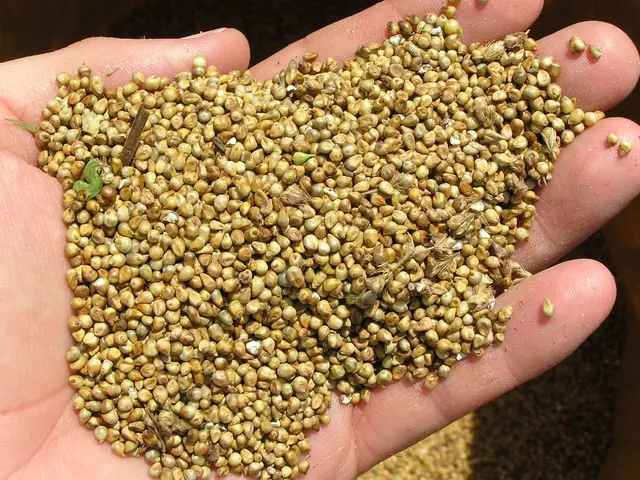Why Your Food Cravings Reveal More Than Just Hunger
Food cravings are a common experience for many people throughout the day. While they can feel random, these urges often stem from a mix of biological needs, hormonal shifts, and even emotional states. Understanding what drives them may help in managing cravings more effectively.
Hormonal fluctuations play a key role in triggering specific cravings. During menstruation, changes in oestrogen and progesterone levels alter mood and appetite, often leading to desires for energy-rich foods like chocolate, pasta, or fried snacks. Dr. Crystal Wyllie notes that these cravings also arise from the body’s need to replenish nutrients lost during the menstrual cycle.
Cravings can also signal unmet physiological needs. A longing for salty crisps, nuts, or cheese may point to low sodium or protein levels, particularly after exercise or when dehydrated. Meanwhile, a persistent urge for sweets, cakes, or biscuits might reflect a drop in serotonin, the brain’s feel-good chemical. In rare cases, cravings for non-food items such as ice, chalk, or soil could indicate pica, a condition often linked to iron deficiency.
Emotional intelligence also influences what we crave. Stress, anxiety, or boredom frequently push people toward foods that offer temporary comfort. Social settings, like gatherings or celebrations, can further amplify these desires.
To manage cravings, experts suggest staying hydrated and eating balanced meals packed with protein and fibre. Recognising emotional intelligence triggers and identifying patterns in cravings can also help in making healthier choices. However, intense or unusual cravings—especially those paired with unexplained weight changes, fatigue, or excessive thirst—may require medical advice.
Food cravings often reflect deeper biological or emotional needs. By paying attention to patterns and addressing underlying causes, people can respond to these urges in ways that support their health. When cravings become extreme or disruptive, consulting a doctor ensures any potential issues are properly addressed.





